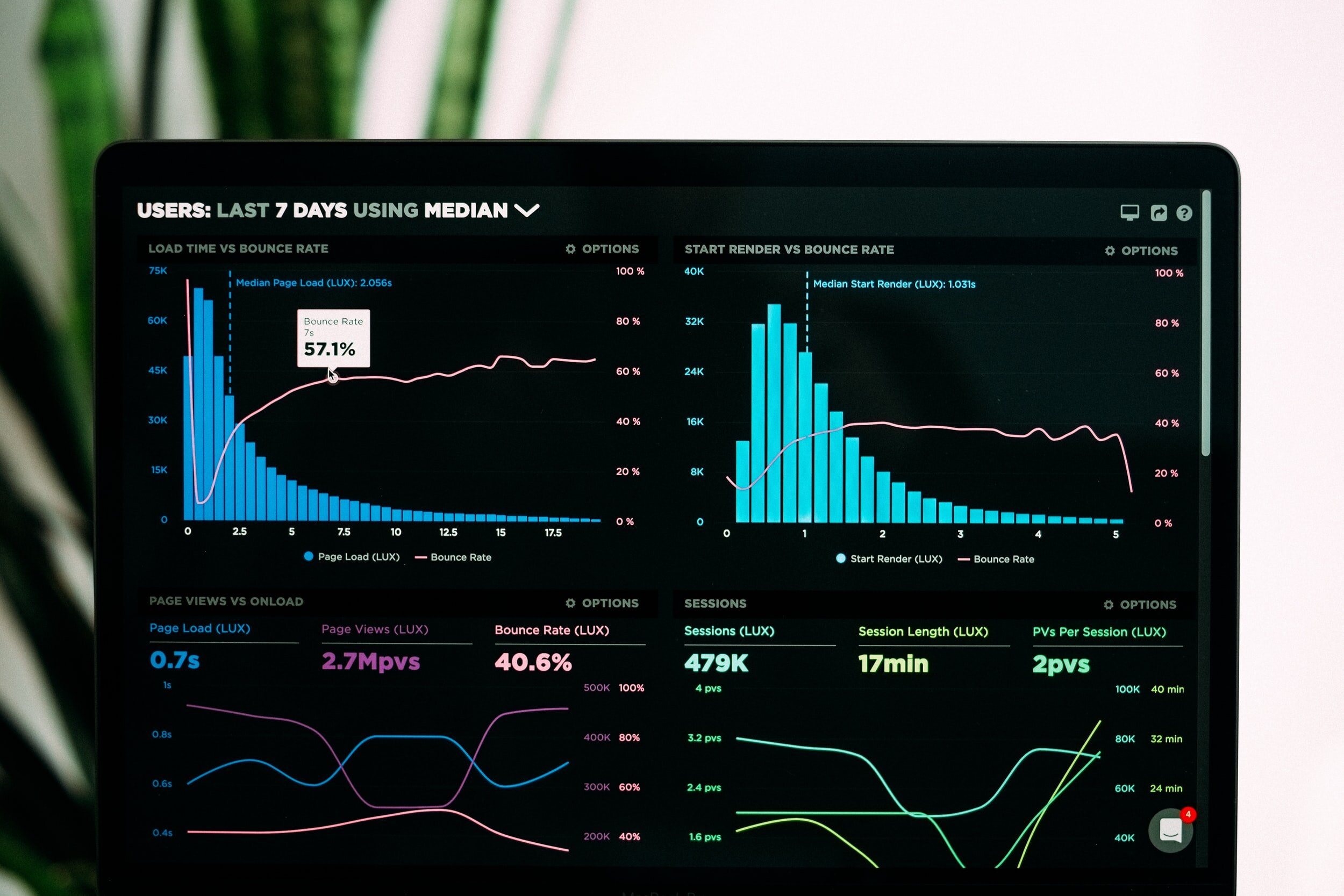Create a Research Agenda and Personal Academic Brand: Webinar and Q & A Part 1
Many questions were posed by attendees of the Sage webinar, Create a Research Agenda and Personal Academic Brand, with panelists Dr. Mark Carrigan and Dr. Jessica Sowa. Attendees posed many questions. This post is the first in a series - find responses to your questions and links to related resources.
Choosing digital tools for qualitative data analysis
Christina Silver explains why and how to use qualitative data analysis software to manage and analyze your notes, literature, materials, and data. Sign up for her upcoming (free) symposium!
Academic Arrhythmia: Interview with Researchers
How are the rhythms of academic life changing, and what does arrhythmia mean in the context of our careers?
Animation and Research Communication
How can we use animation in research communication? See this collection of open access articles.
How to present numeric data
Find tips to help you share your research and numerical findings.
A project management approach to academic writing
In this post Dr. Mazak discusses how to manage the writing process for a large project such as a dissertation, thesis, or book and offers resources to help new or experienced writers.
PhDs, Publications, and Academic Careers
This list of books and articles include a range of discussions about academic and research careers.
How do you publish an open-access article?
Want anyone, whether or not they are associated with an institution that allows them access to an academic library? Learn about open access and how to publish your OA article.
How to Create a Research Agenda and Personal Academic Brand: Webinar Recording
Watch the recording from the lively, informative, How to Create a Research Agenda and Personal Academic Brand webinar.
The Importance of Being Disruptive: On Decolonising Creative Research Methods
Caroline Lenette offered a keynote address at the International Creative Research Methods conference, September 2023. See the address and learn about the 2024 conference here.
Digital Workflows: Special Issue Roundtable 2
Jessica Lester and Trena Paulus co-edited a December 2023 special issue for the Sage journal, Qualitative Inquiry, “Qualitative inquiry in the 20/20s: Exploring methodological consequences of digital research workflows.” Read the articles and watch a roundtable with contributors. This is the second of two discussions of the special issue.
Digital Workflows: Special Issue Roundtable 1
Jessica Lester and Trena Paulus co-edited a December 2023 special issue for the Sage journal, Qualitative Inquiry, “Qualitative inquiry in the 20/20s: Exploring methodological consequences of digital research workflows.” Read the articles and watch a roundtable with contributors. This is the first of two discussions of the special issue.
Image Use and Reuse
Academic writing is not always writing! Pictures and media enliven our writing, and can be important for showing concepts and contexts.
How to Make a Cogent Argument
How and why should you argue in academic writing? Learn more from Dr. Alastair Bonnett, author of How to Argue.
Research Proposals: Writing Strategies and Ethical Considerations
This post includes tips about writing qualitative proposals excerpted from Research Design by Creswell and Creswell.
Calling, Change, and Your Research Career
Thinking about research careers and calling: finding the right fit.
Online abuse: What can researchers do?
Online harassment and abuse continue to grow. What do these behaviors mean for researchers and research communications? Watch this recorded webinar and find a trove of related resources in this post.
Writing for Journals: Editorials with Practical Suggestions
What do journal editors want? Read an open-access collection of editorials that offer practical suggestions about how to organize and write an article that will pass the review process and get published.
Use Research Cases to Teach Methods for Large-Scale Data Analysis
Use research cases as the basis for individual or team activities that build skills.
Peer Reviewing for Journals and the Co-Construction of Knowledge
Peer review is a social process involving the interactions of authors, reviewers and editors, each of whom make a different contribution to the production of knowledge. Learn more in this guest post from Dr. Dermot Breslin.




















